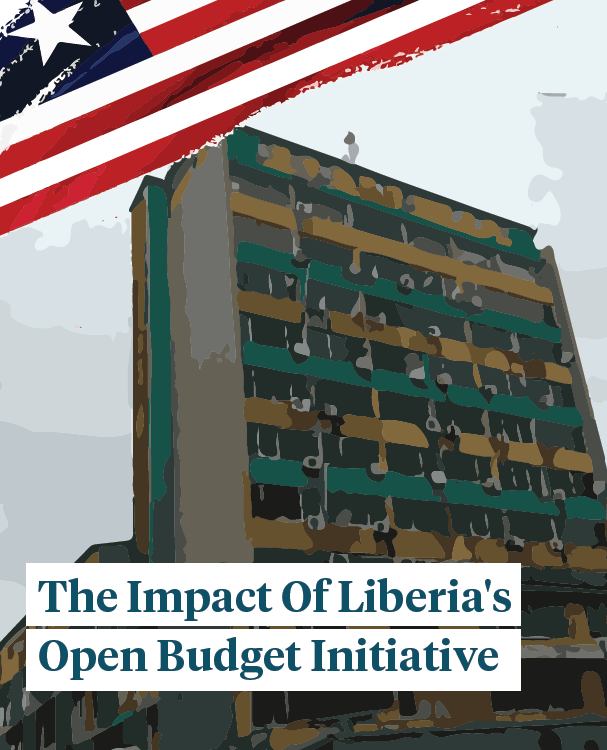The Impact of Liberia’s Open Budget Initiative
Access to information is critical for enabling citizens to exercise their voice, monitor and hold the government accountable, and engage in informed discussions about decisions that affect their lives. Citizens’ ability to demand and use information, as well as the willingness of the government to be transparent, are potential contributors to good governance.
Through the Open Budget Initiative, the government hopes to end Liberia’s history of financial mismanagement and engender greater trust in it. In this study, we will critically evaluate the effects of the Open Budget Initiative in Liberia to provide information on the initiative’s impact since its inception in 2013 through an interview with key stakeholders and a review of the Open Government Initiative report related to the Open Budget Initiative (Independent Reporting Mechanism—IRM—report).
The results of the qualitative research using key informant interviews show a need for more population awareness and understanding, restricted access to budget information, and low public participation. Also, the Open Budget Survey (OBS) has repeatedly reported the legislative oversight of the budget and audit process. It describes public participation in Liberia’s budgeting as weak, with an open budget index score of 38 out of 100 in its 2019 report. Where a 61 score or higher indicates that a nation is likely to publish enough information to support informed public debate on the budget, it received a measly six out of 100 for public participation.
This study offers recommendations to strengthen the capacity of governmental institutions in charge of disseminating public information, to help enhance public participation, and to expand engagement and outreach activities that will improve the impact of the Open Budget Initiative (OBI) system.
